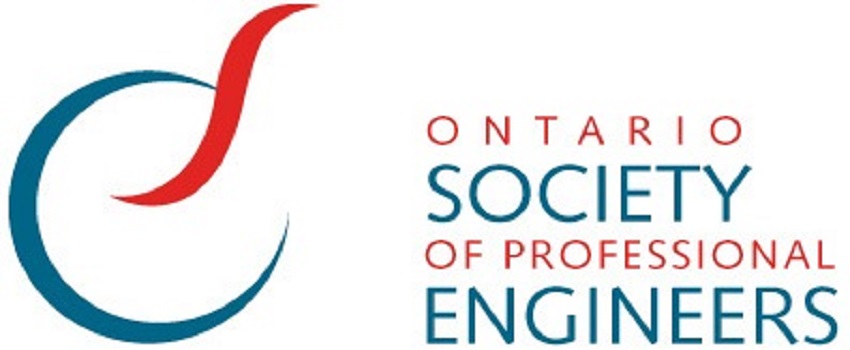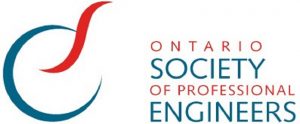In the past year, people in advanced democracies have witnessed a renewed public interest in closing the gender gap in politics. In Canada, this movement was reenergized by Prime Minister Trudeau’s now famous “because it’s 2015” sound-bite—a simple yet powerful statement that urged Canadians to recognize that we are in the 21st century—so let’s get on with it.
Canada is a diverse, vibrant, and geographically expansive nation, and gender parity momentum needs to be channeled to address other representation gaps as well, such as improved ethnic and cultural engagement in politics. To adequately expand the tent of political participation, it is important that this also include a greater focus on academic and professional diversity in our parliaments—as Canada currently faces a silent crisis in Science, Technology, Engineering, and Math (STEM).
Take a moment to consider the wide spectrum of economic and social issues and ‘asks’ politicians are expected to discuss and vote on. Self-aware politicians will tell you that they are generalists, and seasoned parliamentarians will further tell you that this trait is developed by necessity. Covering numerous issues often means a politician’s depth of technical understanding can be limited.
Politicians are likely to have backgrounds in law and business— they are often well educated, but non-technical professionals. In 2009, the Economist went through a sample of almost 5,000 politicians in the International Who’s Who of Professionals directory to examine their backgrounds. The findings showed a selection bias in politics that favoured non-scientific professionals.
When it comes to engineering, in Canada’s House of Commons, Members with engineering backgrounds hold only 4% of the 338 seats. In Ontario, the situation is even worse. At Queen’s Park, home of Ontario’s Legislative Assembly, fewer than 2% of Members are professional engineers, and not a single engineer is in the current governing party.
Why should this be a concern? Because the issues facing Ontario, Canada, and the world are increasingly complex and technical in nature. Engineers have a scientific understanding of the world in which we live, meaning they appreciate how people and systems interact over the total lifespan of projects. Engineers have an ability to simplify intricate problems and are skilled developers of evidence-based decisions and scenario analyses.
The gap exists at the policy formulation stage, particularly when it comes to critical scientific ministerial portfolios such as energy, the environment and climate change. A significant amount of planning and consideration is given to policy ideas before engineers in the Ontario Public Service have the opportunity to review proposals and offer their recommendations.
Just as lawyers have been historically predisposed to entering politics, engineers have largely been dissuaded—but these trends are changing. Besides the absence of communications or leadership training, the engineer of old was routinely told that their central role was to serve and protect the public. But if we take a wider-lens view of an engineer’s duty to protect the public, by failing to shape policy, engineers aren’t fully fulfilling their duty.
Without any doubt, engineers need to serve—but they need to lead as well. Engineering programs at McMaster and the University of Ontario Institute of Technology have identified this need, now offering combined engineering and public policy degrees to teach these critical leadership and communications skills. More and more, Ontario’s engineering schools have enhanced the skills development of well-rounded graduates—equipping them with the tools to not only analyze problems and develop solutions, but also to explain those solutions to a non-technical audience, work collaboratively with professionals from different backgrounds to lead implementation, and communicate to the public how society will be positively impacted.
Ontario’s engineering students and recent graduates are now becoming increasingly engaged in politics. By positioning the modern engineer on advisory boards and within government-sponsored think tanks, provincial governments stand to reap immediate benefit from the expertise of even one engineering-representative on board. No longer is an engineering graduate’s career path black and white – engineering graduates are employed in diverse fields across society. So many of today’s most influential start-ups, for instance, have been founded by engineering graduates with backgrounds in business and commerce.
Engineers are bound by a code of ethics regarding duty of care and protection of the public interest. These are the qualities that the public wishes their politicians would better embody, and engineers stand as ready participants.
Getting engineers involved in politics and shaping public policy decision-making is a core reason for OSPE’s existence. Through our Political Action Network (PAN), advocacy task forces, research reports, open letters, blogs, Queen’s Park lobby days, and advocacy meetings with Members and Ministers, we help advance the interests of engineers and all Ontarians. For the future of our province, it is critical that government and the public recognize how important engineers are for the prosperity and growth of our communities and the quality of life Ontarians enjoy.
But at the end of it all, OSPE is only as strong, credible, and revered as our membership base is diverse and engaged. If engineers are not ready and willing to proactively contribute their expertise, the voice of Ontario’s engineers will be ignored. It is time to change the current discourse and ensure that engineers are not being undervalued or disregarded in the public sphere. In order for governments to avidly invest in engineers, they must recognize engineers’ capabilities as innovators, wealth creators, and leaders.
Government decisions are made every day without engineering input and without consideration of the engineering community. That is why OSPE implores every engineering student, graduate and professional engineer in Ontario to answer the call: rally around and support your advocacy organization—and together, let’s create positive change by elevating and advancing the engineering profession for the betterment of all Ontarians. Join OSPE today to help us protect the reputation of your profession – OSPE needs you now to show the strength of Ontario’s engineering community in numbers.






